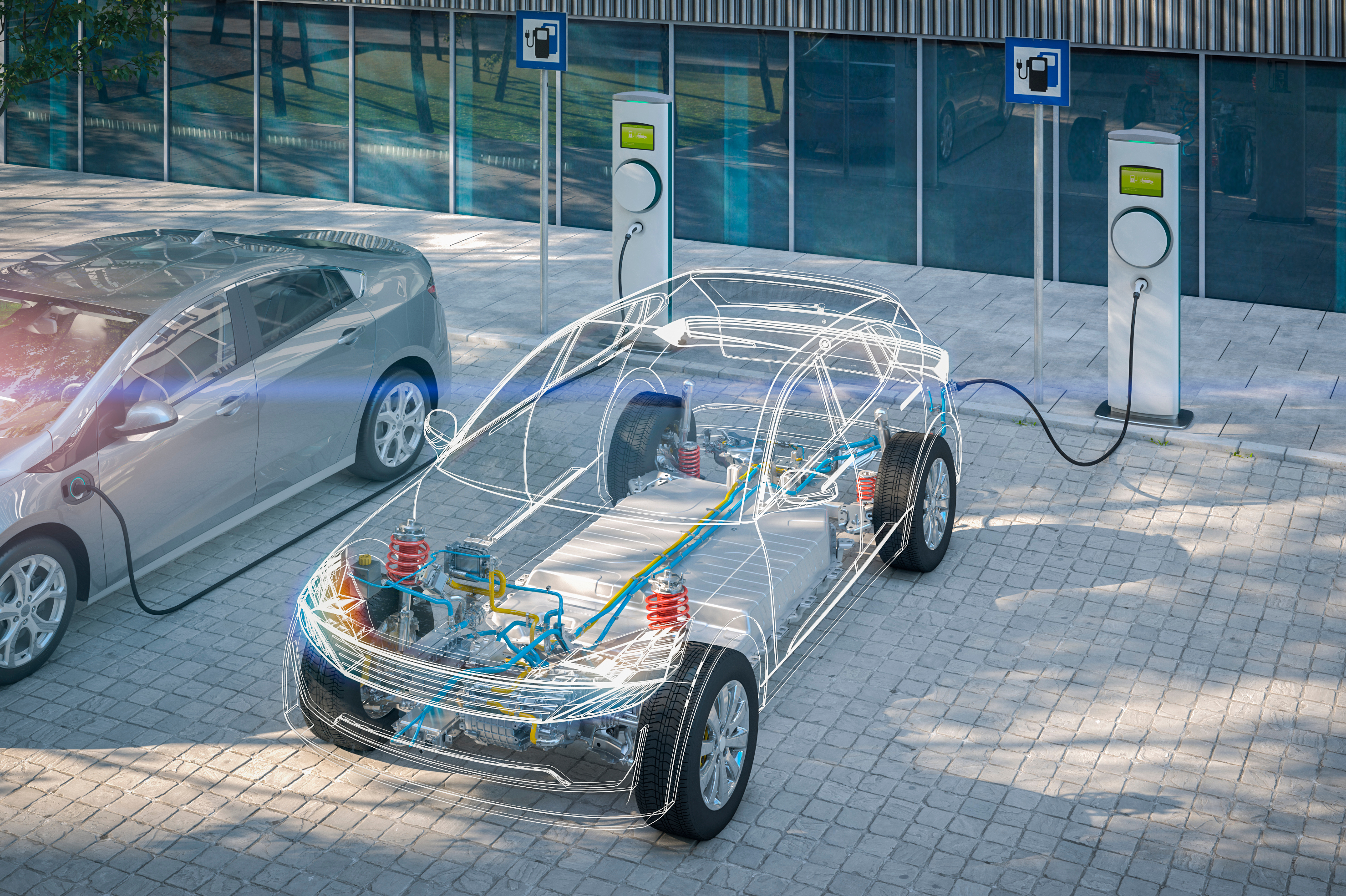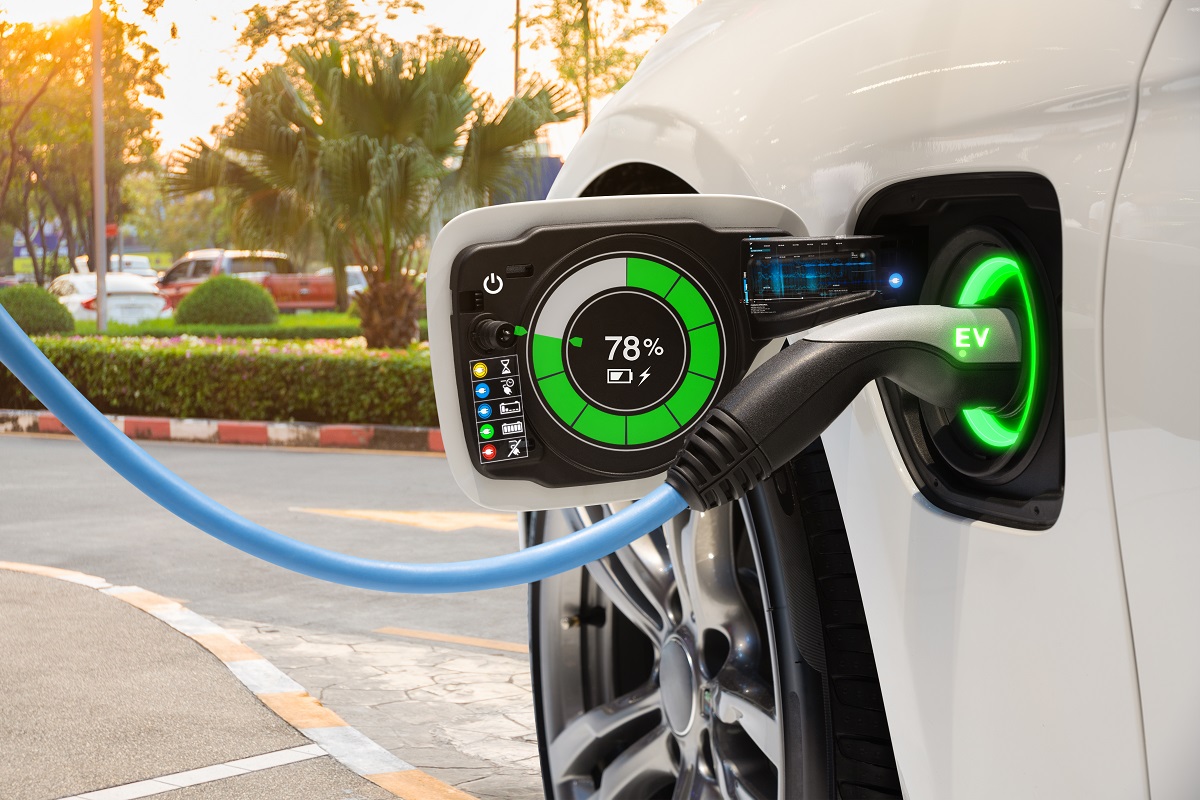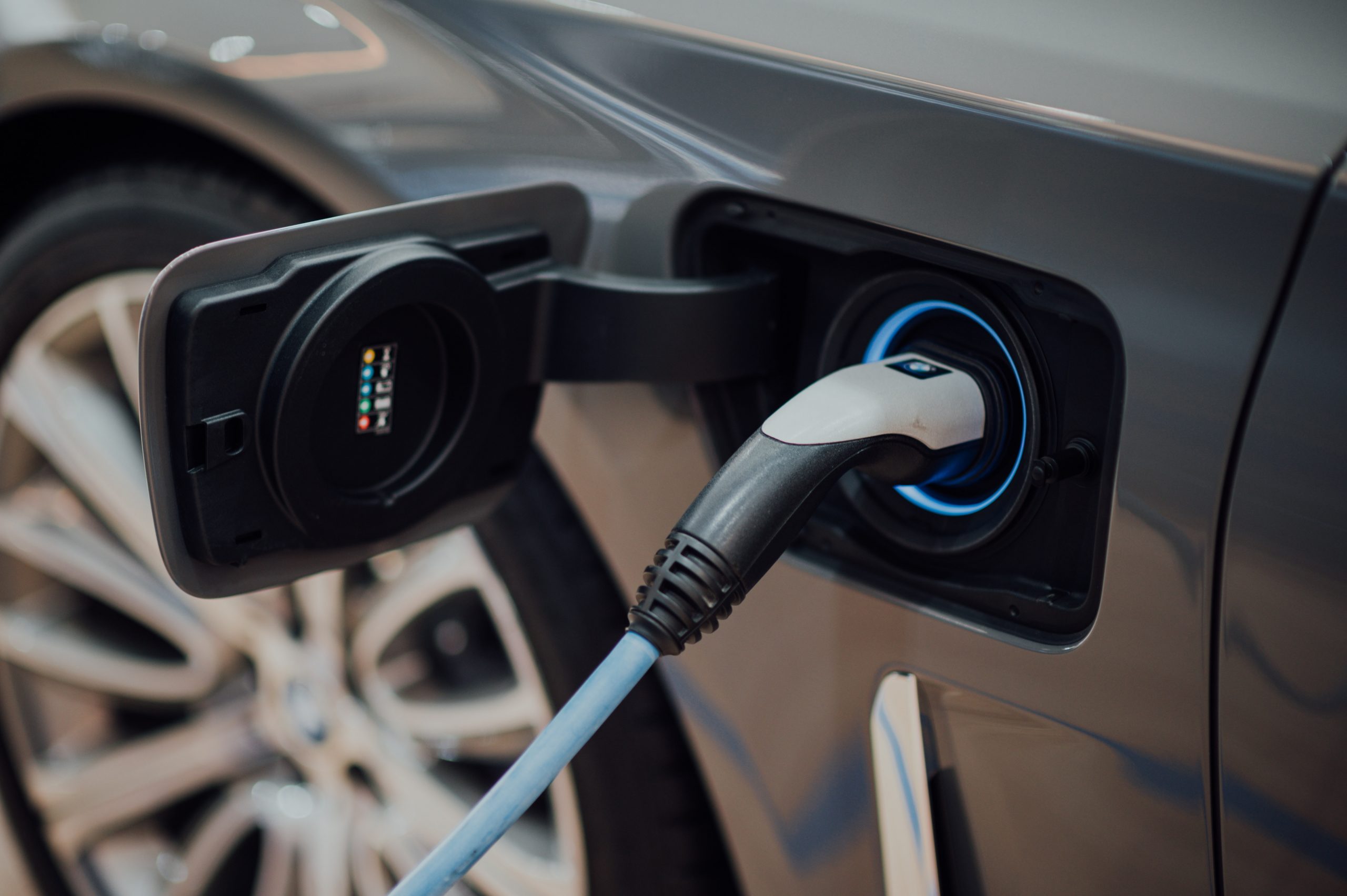There are many factors that influence the energy system's energy supply and demand. These include household devices that use energy and unexpected charging demands. Renewable energy sources fluctuate and are variable. Many other variables can affect energy networks, and smart charging systems can't plan their supply and allocations accordingly. In addition, charging vehicles can damage equipment. Therefore, a smart charging system should be designed to handle all these factors.
Dynamic load management
By integrating dynamic load management and intelligent EV charging infrastructure, electric car owners can save massive capital investment on grid upgrades. Smart EV charging infrastructure can adjust charging speed based upon travel times, energy requirements and vehicle charging capacity. This ensures that all connected vehicles receive equal energy. Furthermore, EV charging infrastructure can also consider the power requirements of the buildings. It is therefore possible to increase the charging speed of multiple electric cars while reducing energy costs.
The charging process should be optimized for individual cases and enterprise application scenarios. The charging infrastructure must be able to charge multiple electric vehicles simultaneously. This requires a dynamic load management system. Smart charging also avoids serious misallocation of electricity by distributing remaining energy evenly across charging stations. It should be noted that dynamic load management requires specific charging infrastructures. Therefore, charging infrastructures should be carefully tested to determine their compatibility with such chargers.
Real-time control of a charging event
Optimum charging events can help energy providers save money and protect the environment. These charging events can take place at times of low demand, when the grid is balanced. As the number of electric vehicle drivers increases, energy companies are increasingly interested in encouraging EV drivers to charge at lower power rates. This technology can be used to offer incentives to drivers to lower their power consumption by scheduling charging events during off-peak times. Car batteries can be used to store power.
In addition to lowering emissions, real-time control capabilities can also improve EV charging infrastructure. With real-time control, data is collected in real-time and updated within trillionths of a second, enabling intelligent charging and improving EV ranges. Real-time control can also transform energy storage, increasing EV range, improving EV charging infrastructure, or revolutionizing solar energy solutions.
Utility bill management
Electric vehicles are a growing trend and governments are encouraging the transition to electric vehicle charging infrastructure. The electricity grid faces significant challenges due to the increased demand for energy. Smart charging is an innovative solution to this problem. It optimizes energy consumption and power consumption while operating electric car fleets according to a schedule. This feature is a critical component of the future-proofing of electric vehicle charging infrastructure. In addition, smart charging can take advantage of reduced power rates.
Smart charging systems optimize charging rates and can be used to help businesses manage their fleets. They can set routes, shifts, and manage power inputs. Using smart charging software is an obvious choice for most businesses. Not only will smart charging programs help reduce energy costs, but they can save businesses millions of dollars a year in energy bills. Utility companies must work together with auto manufacturers, charging installers, and regulators to ensure that smart charging is widely adopted and is a success.
Equipment damage is reduced
Smart charging systems for electric vehicles are beneficial in many ways. Many charging stations feature automatic power distribution, which protects the local grid during peak periods. Smart charging systems can also save building owners the expense of upgrading their energy infrastructure to accommodate electric vehicles. This saves building owners money because it saves them from the expense of upgrading the energy infrastructure.
Grid benefits
The benefits to the grid from smart charging of electric vehicles are numerous. While electrification across various sectors will require some additional grid buildout, smart charging will help utilities manage electric vehicle load more efficiently. In many cases, utilities begin smart charging programs with small-scale pilot programs to ensure customer adoption. To fully reap the benefits from smart charging, utilities must work with auto manufacturers and charging installers.
Electric vehicles can absorb excess power by using a charging infrastructure that matches renewable electricity on the grid. These EVs can help balance the grid by reducing peak electricity demand. In some areas, workplace charging can help avoid peak grid demand at the end of the day when workers tend to crank up their air conditioners. Energy companies can reduce their power bills and avoid grid congestion by implementing smart charging for electric vehicles.



Comments
Post a Comment